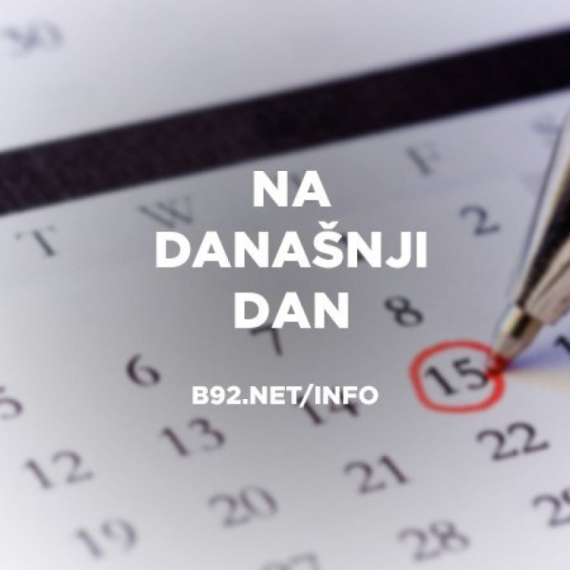ACTA not on Serbian government agenda
A controversial international agreement meant to enforce intellectual property rights has not been considered by the Serbian government.
Friday, 24.02.2012.
20:42

A controversial international agreement meant to enforce intellectual property rights has not been considered by the Serbian government. The same is true of the Ministry of Education and Science, this ministry said in a statement on Friday in Belgrade, issued to deny media reports that Serbia would join the ACTA agreement. ACTA not on Serbian government agenda While regulating certain areas, the government will bring its legal proposals in line with EU legislation and examples of best international practices, the statement said, and added that "Serbia neither invented the internet, nor the rules of its usage". ACTA was singed last month in Tokyo by some 20 EU member-states, as well as the United States, Australia, Canada, Japan and New Zealand. Once ratified in these countries, the agreement would bind them to impose draconian punishment for online "piracy" and infringement of copyright. The deal was met with strong opposition within the EU and other countries, with critics pointing out that its implementation would infringe on privacy and freedom of speech. Several countries that signed the agreement announced that they would not ratify it, saying that it was "introducing blanket internet censorship by the back door". In order to come into effect in the EU, ACTA would have to be adopted by the European Parliament. The EP president, Marting Schulz, is one of the critics of the agreement. (Tanjug) Tanjug
ACTA not on Serbian government agenda
While regulating certain areas, the government will bring its legal proposals in line with EU legislation and examples of best international practices, the statement said, and added that "Serbia neither invented the internet, nor the rules of its usage".ACTA was singed last month in Tokyo by some 20 EU member-states, as well as the United States, Australia, Canada, Japan and New Zealand.
Once ratified in these countries, the agreement would bind them to impose draconian punishment for online "piracy" and infringement of copyright.
The deal was met with strong opposition within the EU and other countries, with critics pointing out that its implementation would infringe on privacy and freedom of speech. Several countries that signed the agreement announced that they would not ratify it, saying that it was "introducing blanket internet censorship by the back door".
In order to come into effect in the EU, ACTA would have to be adopted by the European Parliament. The EP president, Marting Schulz, is one of the critics of the agreement.




























Komentari 1
Pogledaj komentare